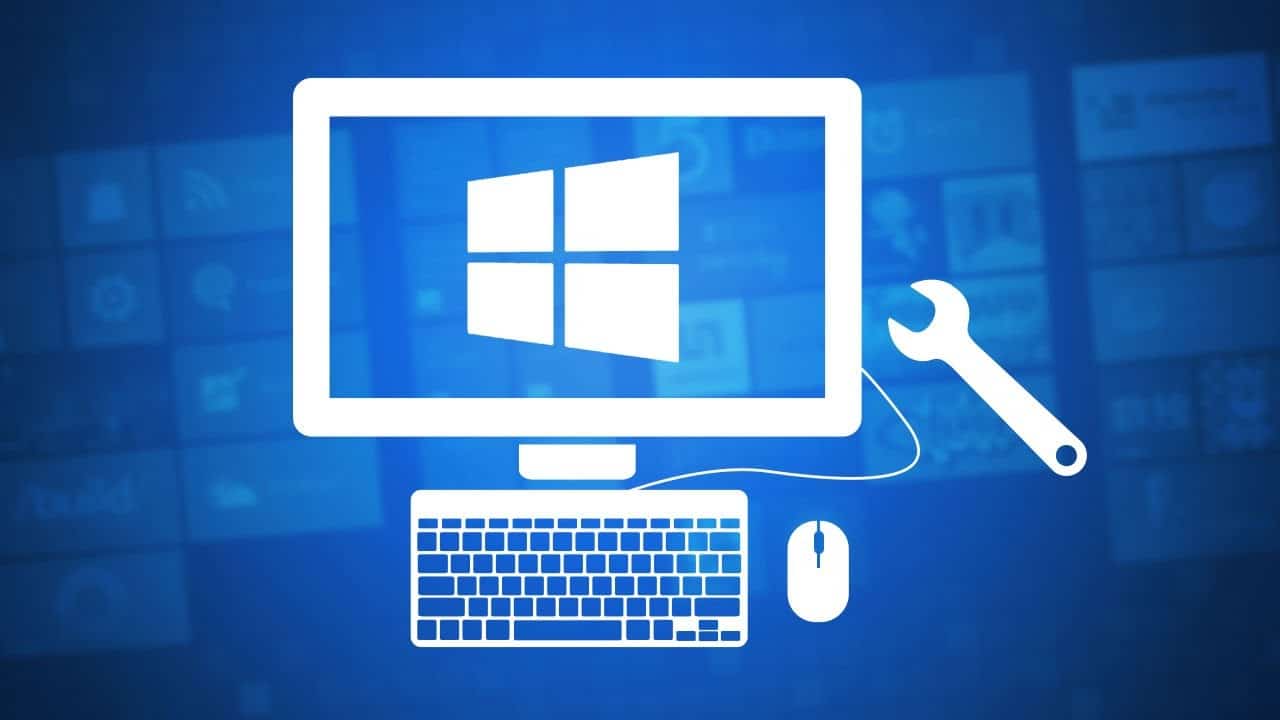Let’s see how to monitor SCCM task sequence progress using Status Message Query. This allows us to track task sequence start, end time, errors and task sequence deployment.
In Configuration Manager, a task sequence is typically used to deploy an operating system. You can even upgrade to a newer OS using an upgrade task sequence.
When you deploy a task sequence, it basically executes one step after the other. So, it is important that when you create a task sequence first, test it properly before you deploy it.
Task sequence deployment failures are common, for example, Task Sequence Error 0x80004005. Thanks to SCCM log files, you can troubleshoot these failed deployments.
With the help of a Status Message Query, you can monitor task sequence deployment. This includes from the start of the task sequence until the end of it.
When you monitor task sequence deployment using a status message query, you can know at what step the task sequence is currently at and if there were any errors during its deployment.
Task Sequence Debugger Tool
Microsoft released task sequence debugger tool with SCCM version 1906 which is essentially a ConfigMgr task sequence monitor tool.
You deploy a task sequence in debug mode to a device collection, and it lets you step through the task sequence in a controlled manner to aid troubleshooting and investigation.
You refer to the following post to read more about SCCM task sequence debugger tool. To know the usage of status message queries, you can read the below posts.
Monitor SCCM Task Sequence Progress with Status Message Query
You can use a status message query to monitor task sequence deployment progress. This query should work with any version of Configuration Manager. We will also use the tasks sequence package ID instead of deployment ID.
Step 1 – Find the Package ID of Task Sequence
A task sequence package ID is a unique ID assigned to the task sequence. To find the task sequence package ID, go to Software Library\Overview\Operating Systems\Task Sequences. Select your task sequence and look for the package ID.
Make a note of the Package ID of the task sequence because we will need this while creating the status message query to monitor Task Sequence progress.
Step 2 – Create Status Message Query
In this step, we will create a new status message query that will monitor our task sequence deployment. In the SCCM console, go to Monitoring > System Status > Status Message Queries. Right click Status Message Queries and click Create Status Message Query.
Specify the query name and click Edit Query Statement.
On the Query statement properties window, click Show Query Language.
Copy and paste the below query in Query Statement box and click OK. Make sure you substitute the package ID with your TS package ID. Every task sequence that you create will have a unique package ID associated with it.
Select SMS_StatusMessage.*, SMS_StatMsgInsStrings.*, SMS_StatMsgAttributes.*, SMS_StatMsgAttributes.AttributeTime
from SMS_StatusMessage
left join SMS_StatMsgInsStrings
on SMS_StatMsgInsStrings.RecordID = SMS_StatusMessage.RecordID
left join SMS_StatMsgAttributes
on SMS_StatMsgAttributes.RecordID = SMS_StatusMessage.RecordID
where SMS_StatMsgAttributes.AttributeValue = "TP10000B" and SMS_StatMsgAttributes.AttributeTime >= ##PRM:SMS_StatMsgAttributes.AttributeTime##
order by SMS_StatMsgAttributes.AttributeTime
DESC
Enter the above query and click OK.
On the Summary window, click Next. Close create status message query wizard.
Step 3 – Monitor SCCM Task Sequence Progress
We are now ready to monitor task sequence deployment progress. Go to Status Message Queries, right-click the query that you just created in the above step and click Show Messages. This should now begin to monitor SCCM task sequence progress.
Before you view the task sequence progress, ensure you select the date and time. You may also select specify a date and time. Click OK.
In the Configuration Manager Status Message viewer, you can monitor each step of the task sequence. If any of the step fails, you should get to know why it failed.
You see several entries in the message viewer as the task sequence progresses. You need to look at the system name and the task sequence description.
Furthermore, you can monitor each and every step of the task sequence. If your task sequence fails, you can know at what step the task sequence failed along with a brief description.






















Every time I create this it disappears after a day
Is there a query I could use that would prompt you for a System name? Since we run 50+ systems, and get every message from all 50+, it’d be nice to only pick out one set per System Name.
Thx
You can filter the status messages with the filter icon (looks like a funnel). There, you can specify the system, message ID, and/or description to filter by.